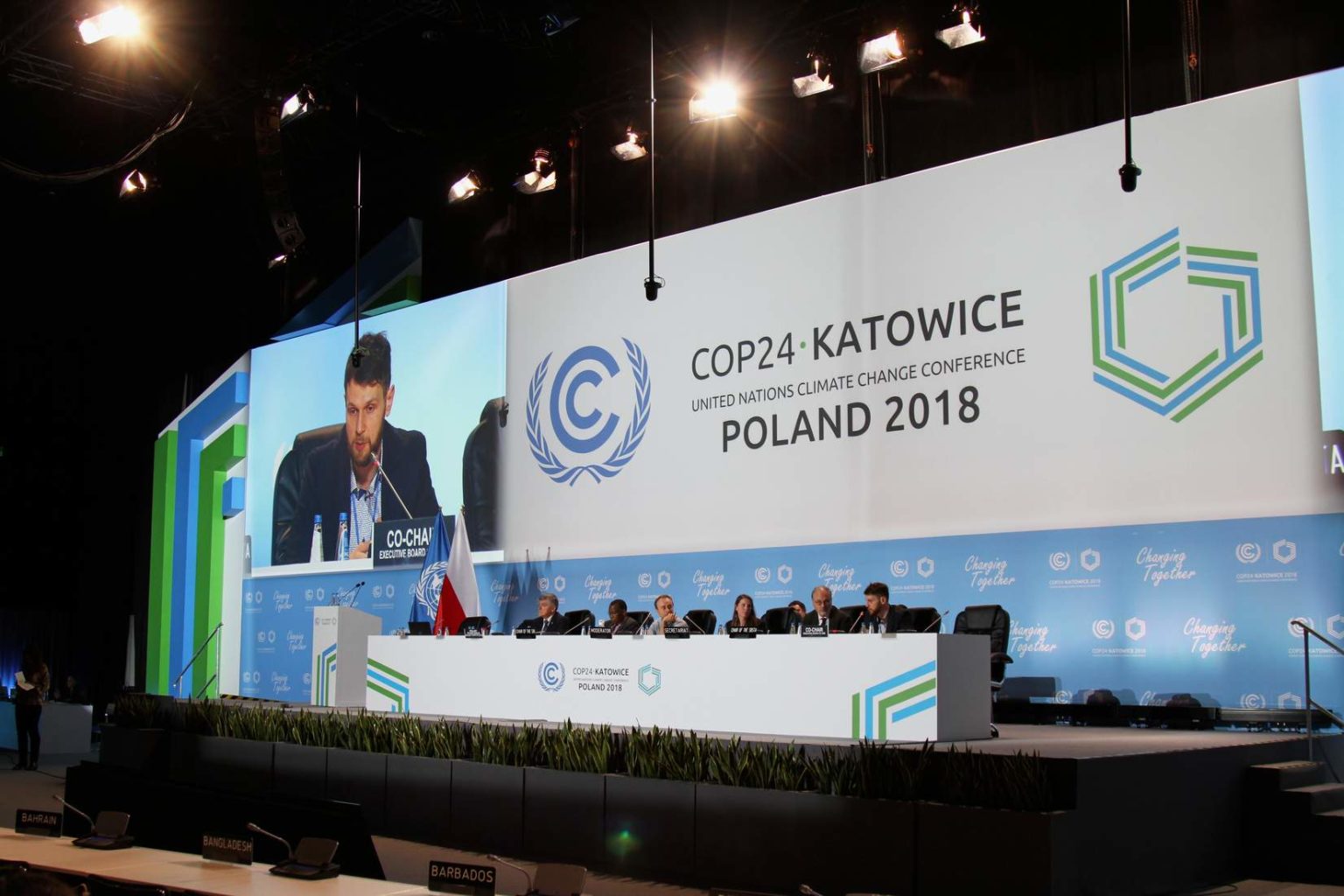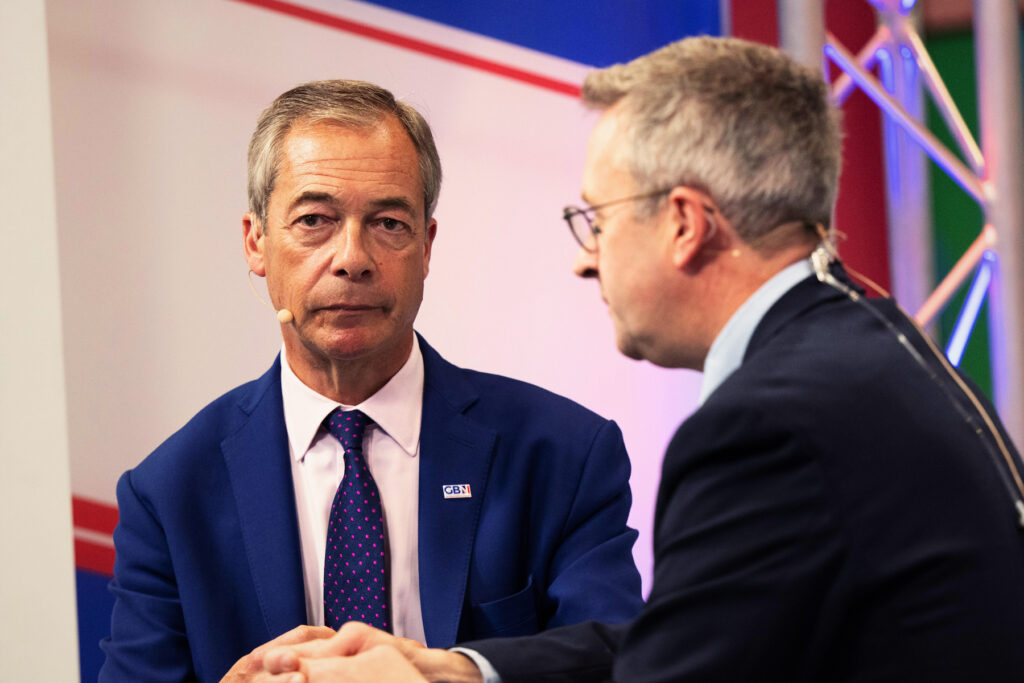For most of us, the UN climate talks — or COP24 — are drawing to a close and home is in sight.
That’s probably not the case for hundreds of negotiators who still have a lot to sort out before they can agree on the rules to implement the Paris Agreement, and are likely to work through the night and possibly beyond to do so.
After two weeks of protesting, lobbying, greenwashing, setbacks and admittedly important progress made on the rulebook for the Paris Agreement, the end of the conference offers a time to reflect.
I spent two weeks running around the long corridors of the climate conference in Katowice, Poland, striving to make sense of what this was all about.
As I leave the conference centre one last time, the euphoric momentum that sent shockwaves through the world when the Paris Agreement was reached three years ago has tapered off.
As things stand, the historic commitment countries made to collectively reduce emissions and tackle the climate crisis seems more vulnerable than ever to political and corporate obstruction.
Inside the negotiations, big oil and gas exporters such as the US, Saudi Arabia, Russia and Kuwait blocked the welcoming of one of the most important scientific reports warning of the dangers of climate inaction. The rest of the world seems to have endorsed the more ambitious goal of limiting global temperature to 1.5 degrees — no small feat.
Meanwhile, the head of a powerful business lobby representing big corporations and fossil fuel companies openly told me the group was actively engaging in one section of the negotiations and hoping to influence its outcome.
While this may have the merit of transparency, there are still many questions to be asked about the fact dozens of country delegates with access to closed negotiation rooms have ties to the oil, gas and mining sectors.
There has also been a great dose of disinformation throughout the conference. A tight group of notorious climate science deniers were seen sitting in the front of row of a pro-fossil fuel event held by the Trump administration and backed by Australia’s environment ambassador.
The group of about a dozen men (and one woman) was largely ignored by the rest of the conference. But in the age of Trump and Bolsonaro, these marginal figures have been emboldened to use the stage of the climate talks to spread disinformation and lies.
It is impossible to be writing about this year’s talks without mentioning the highly symbolic role of holding them in Katowice.
The city built its wealth and pride on coal and is now the poster child of the Polish government’s “black to green” transition.
And yet, 80 percent of Poland’s electricty still comes from coal and the Polish government is showing no signs of an ambitious coal phase-out. The CEO of JSW, Europe’s largest coking coal company and one of the conference’s sponsors, even suggested renaming coal to give it a new veil of credibility and boost the company’s social licence.
While the conference centre is located metres away from Katowice’s coal museum, there is still a strong sense that Poland still wants to carry its proud coal heritage into its future.
For me, the most powerful moment of the talks was when Elsa Velichkova, the mayor of the coal town of Bobov Dol in south-west Bulgaria, told a room packed of suited-up delegates that the unplanned closure of coal plants had spread desperation through her town.
In an emotional plea for help, she warned that if this energy transition is going to be successful, those communities at the forefront of our energy system need to be fully supported so that no-one is left behind.
The backdrop of the “Yellow Jackets” protests in France have been a stark reminder that an “unjust transition” to a zero-carbon society is not an option. And as negotiators and participants wrap up their work here in Katowice, I will remember this climate conference as one infused with social realities.
You can read all our stories about the UN climate talks here.
Image Credit: UN Climate Change/Flickr/CC BY–NC–SA 2.0
Subscribe to our newsletter
Stay up to date with DeSmog news and alerts







